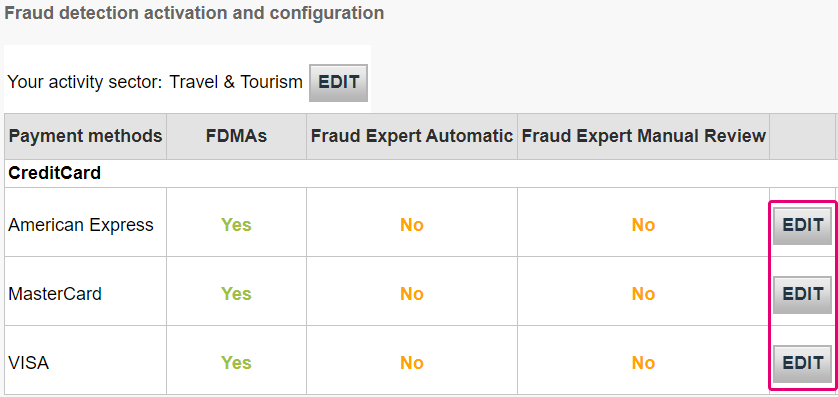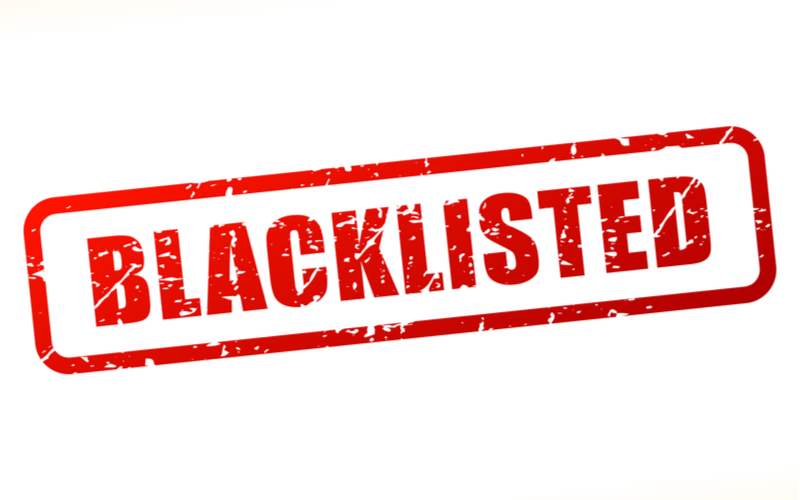Best Reasons On Picking Credit Card Apps
Wiki Article
What Are The Signs Of Suspicious Behaviors That Could Lead To Your Credit Card Getting Blacklisted By Your Bank?
Many of these actions or behaviors can raise flags of red or be considered unusual by the issuer of the card. This may lead to a card being blocked or flagged. Some examples are: Unusual patterns of spending
A sudden increase in spend or a sudden deviation from the normal behaviour of a credit card holder can cause suspicion.
Unrecognized Transactions
Fraud may be spotted by transactions that are unfamiliar or unauthorized on the statement of the card the cardholder hasn't initiated or authorized.
Multiple declined transactions
Multiple declined or failed transactions within a very brief time frame, especially if a cardholder usually has a history of positive transactions may indicate an issue.
Geographic Anomalies
Transactions from locations significantly distant from the typical spending locations or multiple transactions from different geographic locations in a short time frame can be a cause for suspicion.
Types of Purchases that are abnormal
There is a way to flag suspicious purchases. This can include high-value purchases that are not in line with the cardholder’s usual spending habits.
Uncommon Online BehaviorUncommon Online Behavior
Unusual online behavior, such as numerous failed login attempts, a change in account details, or unusual log-in attempts, may indicate an intrusion that is not authorized.
Unusual Card Usage
If your credit card is suddenly utilized for international transactions when it has always been utilized locally, it could be considered to be suspicious.
Unexpected Cash Advances, or Transfers
Alerts are sent out when the cardholder has made large cash advances or transfers that are not in line with their usual spending habits.
Frequent card-not present transactions
An increase in the number of card-not-present transactions (online or over-the-phone transactions) without previous history of these transactions could be investigated.
Issues with Identity Verification-
Issues with verifying the identity of cardholders on transactions, especially when additional verification is required, could lead to suspicion.
These actions, along with others, may cause the card issuer's fraud detection or monitoring systems which prompt them to investigate, and eventually block the card temporarily until the identity of the cardholder or the legitimacy of the transaction is confirmed.

What Should I Do If I Think My Credit Card Is On Blacklists?
Do the following if you suspect your credit card is on"blacklists "blacklist" or you suspect fraud with the card: Call your Credit Card Issuer immediately-
Contact the copyright found on the back of your credit card. Or, check the website of the issuer to find a hotline dedicated to reporting fraud.
Tell the card issuer of your concerns and explain that you suspect fraudulent activity or that your card might be compromised.
Report Suspicious Activity-
Explain any unusual, unauthorized or suspicious transactions you spot on your credit card statement.
Give details about the transactions you're in reference to, including dates, amounts or names of merchants if they exist.
Request Card Blocking, or Reset
Contact the company that issued your credit card to temporarily deactivate the card for a short period of time. This will prevent any subsequent fraudulent transactions.
Discuss the replacement process of the card to have access to credit.
Check your account, and then dispute Charges
Examine your recent statements and transactions to find any suspicious transactions that you might not have noticed at first.
You are able to report fraudulent transactions to the card issuer to have them examined and then resolved.
Check and follow your Credit Report
Contact your credit card provider to find out if the issuer has taken appropriate steps to deal with any issues you might have.
Monitor your account on a regular basis to look for any new changes or new suspicious activity.
Consider placing a security freeze or fraud alert.
It is possible to think about setting up a security freeze, or a fraud alert on your credit report, dependent on the degree of your situation. This will stop future fraudulent attempts, and also protect you against identity theft.
Report to Authorities If Required-
If you suspect that fraud or identity theft is occurring, report the issue to the Federal Trade Commission and file a police report in your local area.
It is imperative to act quickly to reduce the risk of loss and prevent future unauthorised transactions. By reporting any suspicious activity promptly and working with your credit-card issuer, you can limit the potential impact of misuse or fraud.

What Qualified Persons Have Access To Credit Card Numbers Using A Blacklist App?
Financial institutions with authorized professionals, law-enforcement agencies, and cybersecurity companies are usually responsible for confirming credit card numbers and analyzing suspicious activity associated with credit cards. They include Fraud Analysts- Trained people in financial institutions who specialize in finding and analyzing fraudulent activity associated with credit cards. They use specially designed tools and software to detect patterns, anomalies, and stolen credit card information.
Cybersecurity experts - Professionals that are experts in the field of cybersecurity. They are trained to detect and track security threats, like the theft of credit cards. They focus on preventing breaches of data, and analyzing data for signs and implementing security measures.
Law Enforcement officers- Specialized units, or individuals, within law enforcement agencies, who investigate frauds and financial crimes including credit card fraud. They have access to databases and other resources to analyze and track fraud-related activities.
Compliance Officers: Professionals who make sure that financial institutions are in compliance with rules and laws governing financial transactions. They can supervise the processes of being able to identify and report suspicious transactions on credit cards.
The authority to validate credit cards against databases or blacklists is authorized by law and requires proper authorization.
These qualified individuals and teams employ special software, protocols and legal procedures to verify the details of credit cards against blacklists and adhere to strict privacy and security rules. To ensure that your credit card information is not compromised, you should always rely on reputable experts and institutions. Inappropriate attempts at accessing or using blacklists on credit cards could have legal consequences. View the most popular savastan0 cc for website recommendations.
